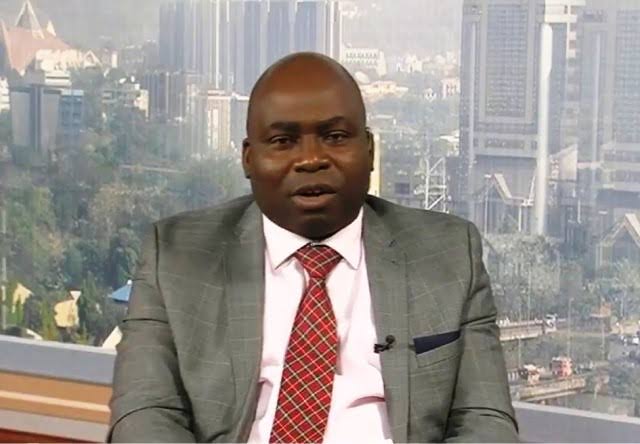
ICPC chair Bolaji Owasanoye has advised chief executive officers of public agencies to be wary of corruption, warning the guilt of corrupt practices is not based on the amount of money looted or mismanaged.
“You cannot say the person who stole 50 kobo is less morally guilty than the one who took 1.2 million. Your defence cannot be that everybody is doing it,” stated Mr Owasanoye in Abuja on Thursday at the executive session with CEOs. “That is not a recognisable defence.”
In April 2022, rights activist Femi Falana, unimpressed by the presidential pardon granted Jolly Nyame and Joshua Dariye, convicted for multibillion-naira loot, asked President Muhammadu Buhari to extend such forgiveness demonstrated to some top Nigerians to people serving terms for petty offences.
“All petty thieves in our prisons should be released. Under Section 17 of the 1999 Constitution, there shall be equality and equal rights for all citizens,” Mr Falana had said.
The session with the CEOs was organised by Anti-Corruption Academic (ACAN), the research and training arm of ICPC, with the support of the MacArthur Foundation.
“It is important for CEOs to take note of some of these few points that are used as discussion points and also to take a look at our National Ethics and Integrity Policy and familiarise yourself with anti-corruption laws broadly speaking in order to avoid truly avoidable default on errors,” the chairman of the anti-graft agency explained.
Mr Owasanoye explained that most times, what brought some heads of agencies and parastatals to ICPC to face trial was avoidable, stressing that speaking with CEOs is important to avoid some challenges facing the country.
“This interaction is designed to help us to resolve as part of our prevention mandate, and we try to avoid agencies that are in the eye of the storm in our office for the moment so that somebody will not think that this interaction is an aspect of our investigation, it is not,” said the ICPC chief.
Mr Owasanoye further stated that CEOs were highly exposed to all kinds of pressure associated with their office but warned that the “aim of criminal punishment is not just punishment, there is deterrence, and there is reform as well.”
He added, “We have seen not just in Nigeria, but in many countries that the law and order approach alone is not effective to diminish crime, especially when you are dealing with corruption to stabilise the polity. So, there are prevention measures, but more critical is the need for behavioural change. If people change their approach to issues, then, of course, there will be a marked improvement in the outcomes.”
(NAN)


